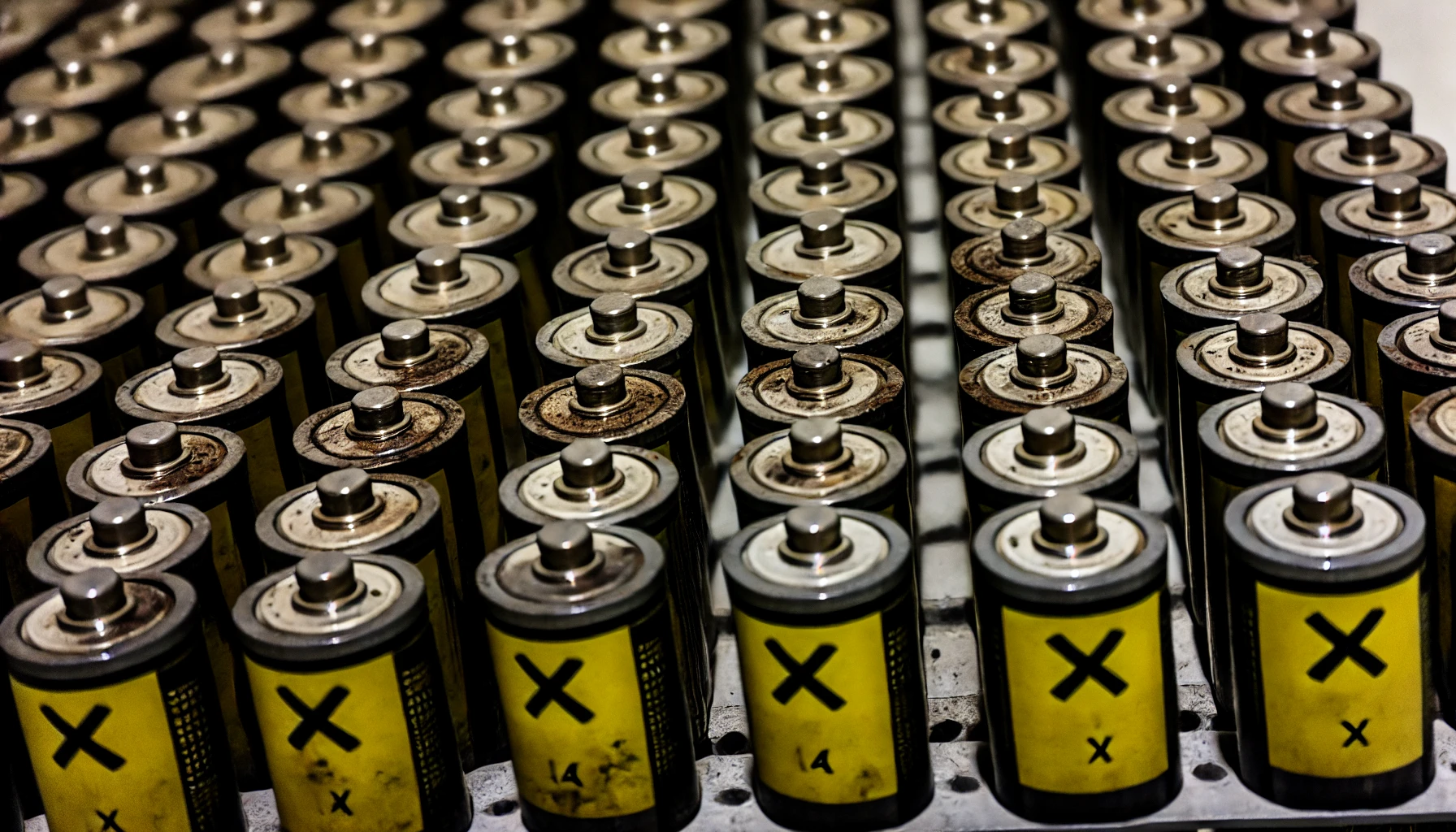
Hyundai Motor Group and LG Energy Solution have opened a $1.1 billion battery cell plant in Indonesia, marking a significant milestone for the country’s ambitions to become an electric vehicle (EV) manufacturing hub. The factory, located in West Java province, was initially announced in 2021 and began operations on Wednesday, as reported by Bloomberg and streamed live by Indonesia’s Presidential Secretariat office.
According to Coordinating Minister for Maritime Affairs and Investment Luhut Binsar Pandjaitan, the new facility will produce enough battery cells annually to power 50,000 EVs.
Indonesia has been actively leveraging its substantial nickel reserves to attract investment from the EV industry. This strategic focus is a key component of outgoing President Joko Widodo’s “downstreaming” policy, which aims to boost the country’s industrial base by processing raw materials domestically. Currently, Indonesia accounts for 50 percent of the global nickel production, and this share is expected to increase over the next decade.
Several Chinese companies, including Contemporary Amperex Technology Co Ltd (CATL) and BYD Co, are planning to establish manufacturing plants in Indonesia, drawn by attractive tax incentives and low energy costs.
Key Highlights of Indonesia’s EV Sector Development
| Aspect | Details |
|---|---|
| Total Investment | $1.1 billion |
| Location | West Java province |
| Annual Production Capacity | Enough cells for 50,000 EVs |
| Key Nickel Production | 50% of global production, set to grow further |
| Major Chinese Investors | CATL, BYD Co |
| Government Incentives | Tax incentives, low energy costs |
This development highlights Indonesia’s strategic initiatives to strengthen its position in the global EV market, capitalizing on its natural resources and favorable economic policies.
